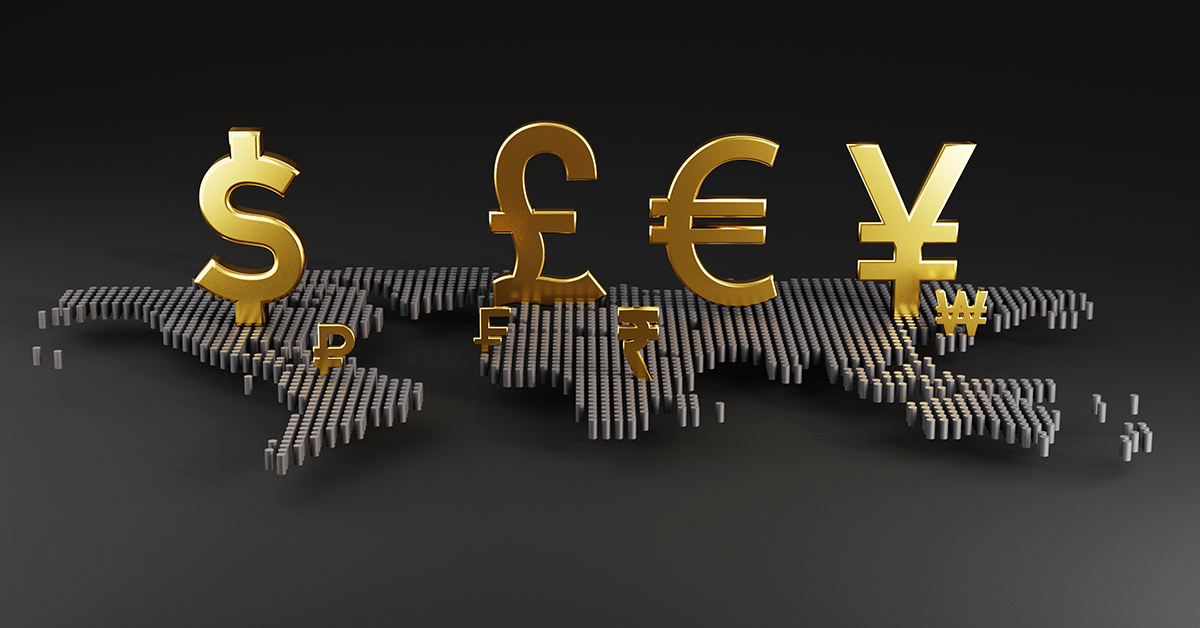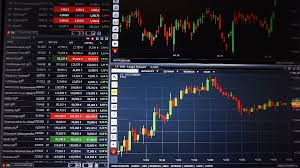

AI Forex Trading: Revolutionizing Currency Markets
In recent years, the forex trading landscape has experienced a remarkable transformation, primarily driven by the adoption of artificial intelligence (AI) technologies. These advancements have allowed traders to harness the power of sophisticated algorithms and data analytics to make informed decisions in the fast-paced forex market. With AI, forex trading is not just a game of chance but a strategic approach backed by data-driven insights. For traders seeking ethical options, exploring the ai forex trading Top Sharia Forex Platforms can also provide unique opportunities. This article delves into the various ways AI is reshaping the forex trading environment, its benefits, and the future trends that are emerging from this intersection of technology and finance.
Understanding AI in Forex Trading
AI in forex trading refers to the application of machine learning algorithms and analytical models to predict currency movements and automate trading strategies. These systems analyze vast amounts of historical data to identify trends, correlations, and potential trading opportunities. Unlike traditional methods, which often rely on human intuition and experience, AI-driven approaches can process information at a scale and speed unimaginable to most human traders.
The Role of Machine Learning
Machine learning, a subset of AI, plays a pivotal role in forex trading. By training algorithms on historical price data, machine learning models can identify patterns that traditional analysis might overlook. For example, an AI model can assess how various geopolitical events influence currency pairs, providing traders with key insights that can support their decision-making processes.
Algorithmic Trading
Algorithmic trading involves the use of AI systems to execute trades automatically, based on predefined criteria. This technique eliminates human emotion and bias from the trading process, allowing for faster and more efficient transactions. Traders can set parameters for entry and exit points, risk management, and more, letting the algorithm manage their trades according to these conditions. This level of automation can lead to higher accuracy and consistency in trading results.
Advantages of AI in Forex Trading
Integrating AI into forex trading offers a multitude of advantages:
1. Speed and Accuracy
AI algorithms can analyze vast datasets and execute trades within milliseconds. This rapid processing not only improves reaction time to market changes but also enhances the accuracy of trades by reducing the likelihood of errors associated with manual trading.

2. Emotional Detachment
Emotions can significantly impact trading decisions. By utilizing AI, traders can minimize the influence of emotions such as fear and greed, leading to more rational decision-making based on data.
3. Enhanced Market Analysis
AI tools can parse through news articles, economic reports, and social media sentiment to provide comprehensive market analysis. This multi-faceted approach allows traders to gather insights from various sources, leading to a more holistic understanding of market dynamics.
4. 24/7 Trading
Forex markets operate 24 hours a day, five days a week. AI systems can monitor markets continuously, even while human traders rest. This constant vigilance ensures that opportunities are not missed, and trades can be executed promptly.
The Future of AI in Forex Trading
As AI technology continues to evolve, its applications in forex trading are expected to expand significantly. Several trends are likely to shape the future of AI in this space:
1. Increasing Use of Predictive Analytics
Predictive analytics, which involves forecasting future outcomes based on historical data, will become more prevalent. Forex traders will rely on AI to not only analyze past trends but also predict future currency movements with higher accuracy.
2. Greater Accessibility for Retail Traders
AI-driven trading platforms are becoming more user-friendly and accessible to retail traders. This democratization of technology will empower more individuals to engage in forex trading with sophisticated tools that were once reserved for institutional investors.
3. Emphasis on Ethical Trading Practices

As awareness of ethical investment grows, there will be a push toward platforms that emphasize socially responsible trading. AI can help identify and promote forex platforms that adhere to ethical standards, including Sharia compliance, providing traders with options that align with their values.
4. Enhanced Security Measures
With increasing reliance on AI, cybersecurity will be paramount. Future AI systems in forex trading will need to incorporate advanced security measures to protect sensitive data and prevent unauthorized access.
Challenges and Considerations
Despite the numerous advantages, the integration of AI into forex trading also presents challenges:
1. Dependence on Technology
As traders become more dependent on AI, there is a risk of over-reliance on technology. It’s essential for traders to maintain a fundamental understanding of the forex market and not completely relinquish control to AI systems.
2. Market Volatility
The forex market can be highly volatile, and AI systems may struggle to adapt to sudden changes in market dynamics. Traders must remain vigilant and aware of external factors that could impact their strategies.
3. Data Privacy Concerns
The use of AI in forex trading raises questions about data privacy and security. Ensuring that user data is protected and that algorithms are transparent will be crucial for building trust in AI-driven trading systems.
Conclusion
The integration of AI in forex trading represents a significant leap forward in how traders approach the currency markets. By leveraging the power of machine learning and predictive analytics, traders can make more informed decisions, optimize their strategies, and ultimately enhance their profitability. As technology continues to advance, the future of forex trading looks promising, but it is essential for traders to stay informed, remain ethical, and balance the benefits of AI with the nuances of human judgment.





















